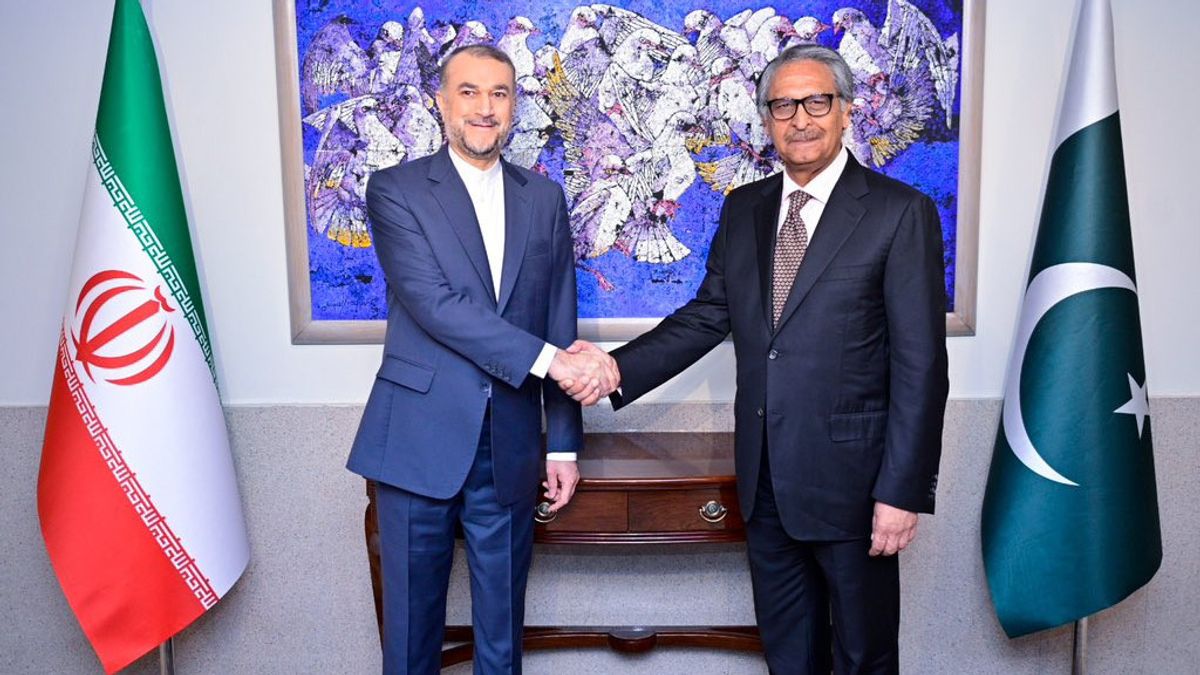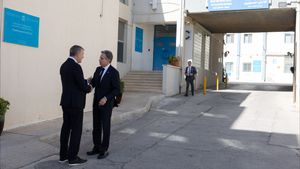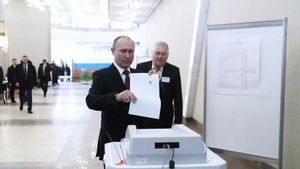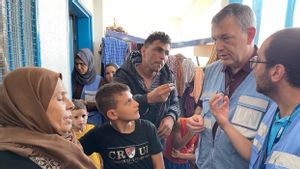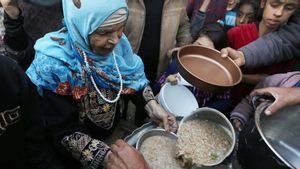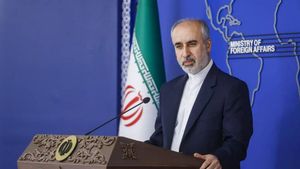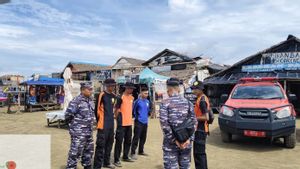JAKARTA - Iran and Pakistan agreed to improve relations between the two countries, respect each other's sovereignty and territorial integrity and expand security cooperation, after attacking each other against militant targets.
The foreign ministers of the two countries held talks in Islamabad, Pakistan, after the military of the two countries had taken action against militant groups in their respective regions, raising fears of expanding the conflict in the region since the outbreak of the Hamas-Israeli war in Gaza.
Pakistan's interim Foreign Minister Jalil Abbas Jilani, speaking at a joint press conference with his counterpart from Iran Hossein Amir Abdollahian, said the two neighboring countries had several strong communication channels for each other.
"All of these channels are operational and we can bring any problems or misunderstandings that occur between the two countries, we can solve them quickly enough," he said.
"Both countries agreed to fight terrorism in their respective regions and establish a consulting system at the foreign ministerial level to oversee cross-sectoral progress," said Foreign Minister Jilani.
Meanwhile, Foreign Minister Abdollahian said the two countries had a good understanding, and there was never a regional or war dispute between Iran and Pakistan.
"We consider Pakistan's friendly security, brothers and neighbors to Iran, just like the security of the Republic of Iran and the security of the entire region," Abdollayan said.
"Through cooperation between Tehran and Islamabad, we will not allow terrorists to endanger and threaten the security of the two countries," he said, adding Iranian President Ebrahim Raisi would soon visit Pakistan.
It is known that these two neighboring countries have a difficult history of relations, but missile attacks have been the most serious incidents over the years.
Islamabad said the attack attacked the separatist base of the Bloch Liberation Front and the Bloch Liberation Army. while Tehran said the attack attacked militants from the Jaish al Adl (JAA) group.
SEE ALSO:
The militant group operates in an area that includes the Province of Blochistan in southwest Pakistan and the Province of Sistan-Baluchestan in southeastern Iran. Both areas are turbulent, rich in minerals and mostly underdeveloped.
Relations between the two countries deteriorated following the missile attack, with Pakistan recalling its ambassador to Tehran and not allowing Iran's ambassador to return to Islamabad, and canceling all high-level diplomatic and trade ties.
However, immediate efforts were made to lower the temperature, with the envoys being asked to return to their posts and Foreign Minister Abdollahian invited to negotiate.
The English, Chinese, Japanese, Arabic, and French versions are automatically generated by the AI. So there may still be inaccuracies in translating, please always see Indonesian as our main language. (system supported by DigitalSiber.id)
